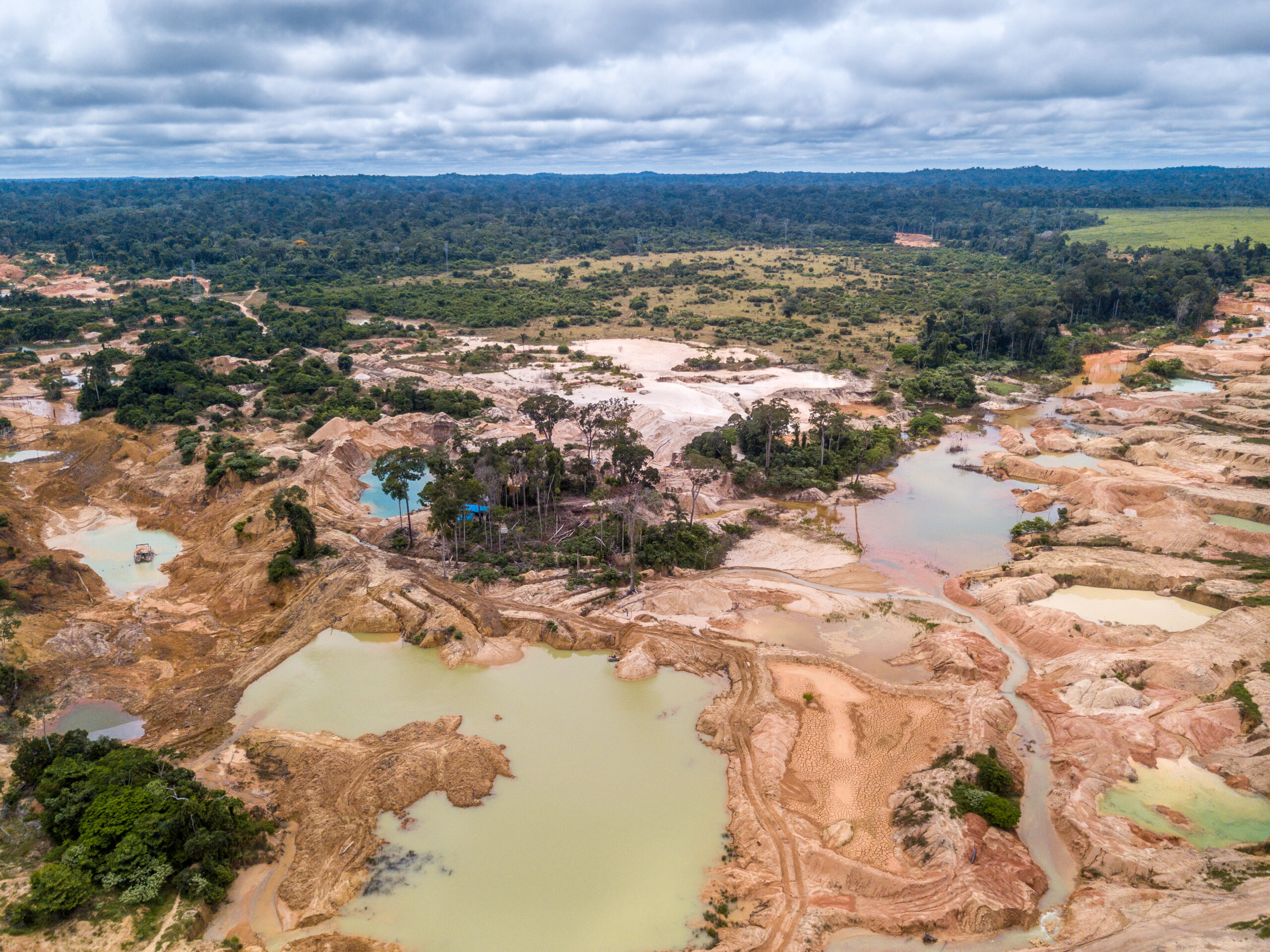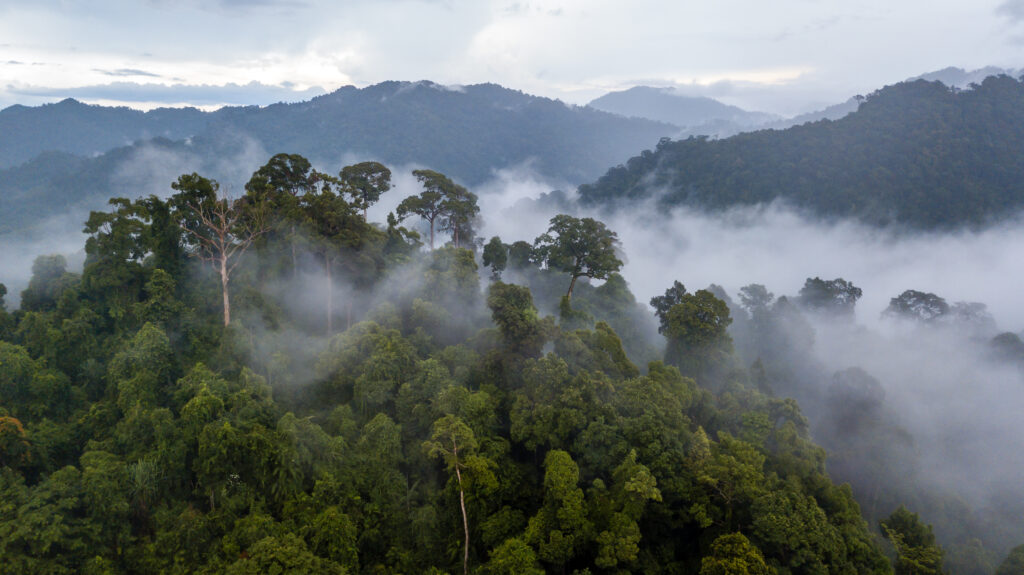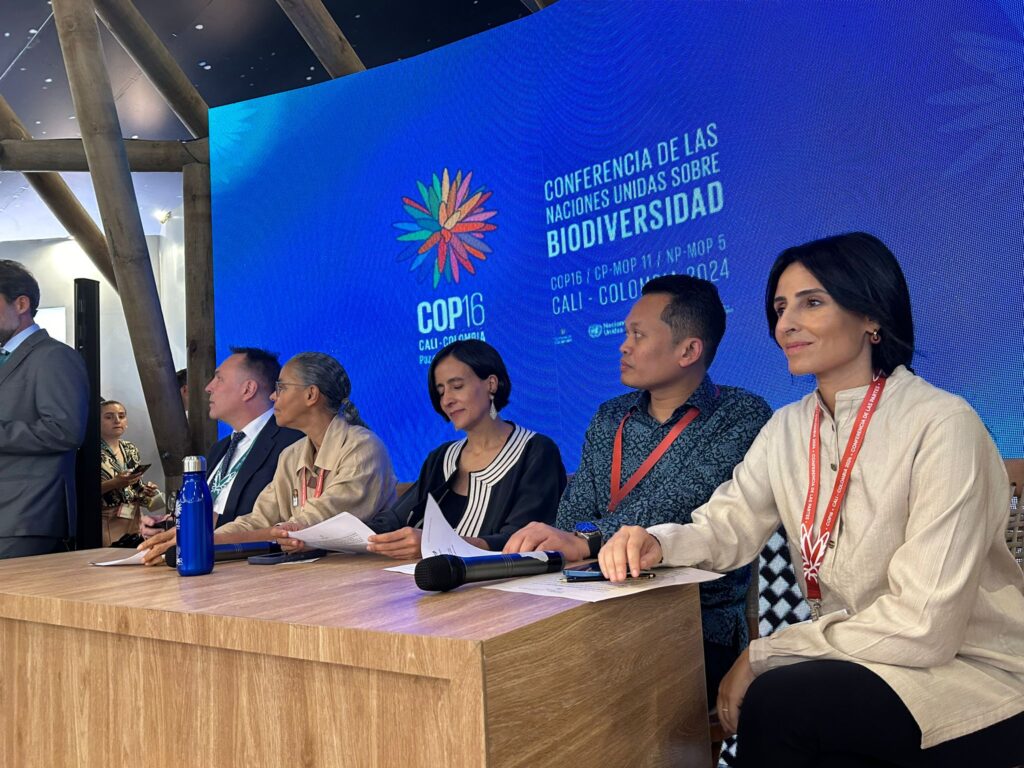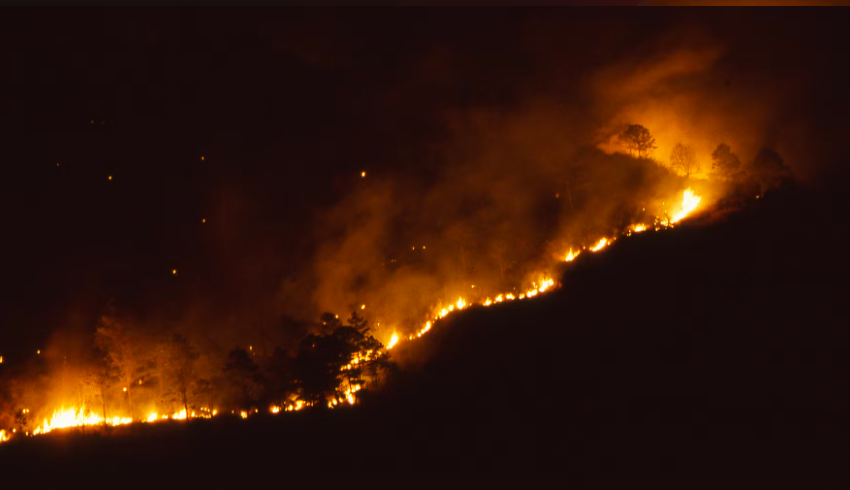Mining in tropical forests creates a range of problems
Mining activities, including excavation, road building, infrastructure development, and waste disposal, drive extensive deforestation in tropical forests worldwide.
These operations often pollute vital rainforest river systems with mercury, acids, chemicals, sludge, and sediments. This contamination devastates habitats for wildlife and fish, reduces oxygen levels in the water, and poisons drinking water relied on by Indigenous Peoples and local communities.
Mining also fragments forests, disrupting their ability to function as cohesive ecosystems. It accelerates soil erosion, depletes and contaminates forest soils, and produces dust and particles that degrade air quality and worsen local climate conditions.
Forests of the World opposes mining in tropical forests

Indigenous Peoples
In many areas, Indigenous Peoples and local communities are forcibly displaced when mines are established, either through expropriation or via threats and violence. In some cases, Indigenous Peoples are employed in the mines or become reliant on income from miners. This often leads to social and health issues, including internal conflicts, alcohol abuse, prostitution, and the spread of diseases.



